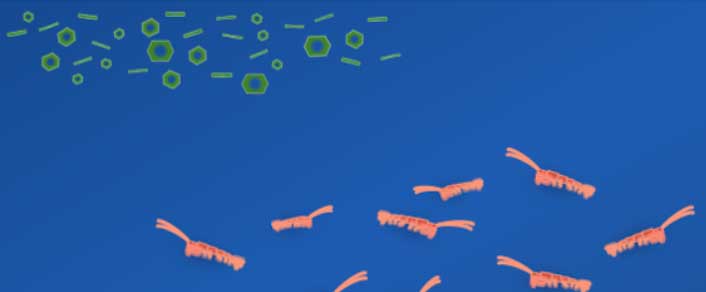 A workshop on “Using models to improve our understanding of Antarctic krill and their ecological role in the Southern Ocean” is being held in individual sessions throughout 17-28 May 2021 (subject to change).
A workshop on “Using models to improve our understanding of Antarctic krill and their ecological role in the Southern Ocean” is being held in individual sessions throughout 17-28 May 2021 (subject to change).
The Integrating Climate and Ecosystem Dynamics in the Southern Ocean program (ICED) is pleased to announce a virtual workshop targeted at researchers with broad interests in modelling Antarctic krill and/or their ecology. These modelling projects can include, but are not limited to: the krill life cycle; food-web interactions; environmental impacts on distribution; population processes, movement and retention; or feedback processes. A diverse group of participants from every stage and area of research is strongly encouraged to apply, with special emphasis on the participation of early-career researchers (ECRs).
This workshop aims to exchange ideas on current research, share expertise in modelling techniques, develop insights into integrating modelling approaches, and outline a clear set of priority research needs. The workshop will include: (1) speed talks presenting ongoing research projects; (2) tutorials where ECRs and established researchers will collaborate on presenting “current approaches/best practices” seminars on methods for modelling krill; (3) guided discussions on advancing understanding, informed by the tutorials. In addition to the workshop’s scientific objectives, participants will have the opportunity to gain new research networks, improve their communication channels, and collaborate with a diverse community of multidisciplinary scientists.
Following on from the workshop, we intend to produce a peer-reviewed article that outlines the current diverse range of krill models and provides a framework for advancing krill modelling and its applications, for example in understanding circumpolar Southern Ocean ecosystem operation, impacts and feedback processes within the Earth System and supporting conservation and sustainable resource management.
We invite interested participants to submit an expression of interest using this link by April 9th at 23:00 GMT. Alternatively, if the online form cannot be filled out, please contact the organizers for a fillable pdf form. The themes of the sessions and the workshop timetable will be informed by the interest received. Depending on the amount of interest received, participant numbers may be limited to accommodate capacity. In the event the capacity is exceeded, an additional larger workshop will be planned for a later date to accommodate all interested participants.
Looking forward to your contributions,
ECR organizers: Devi Veytia, Alexis Bahl, Zephyr Sylvester, Dominik Bahlburg
Along with Eugene Murphy, Stuart Corney, Eileen Hofmann, Bettina Meyer, Nadine Johnston, Sally Thorpe, Cassandra Brooks
